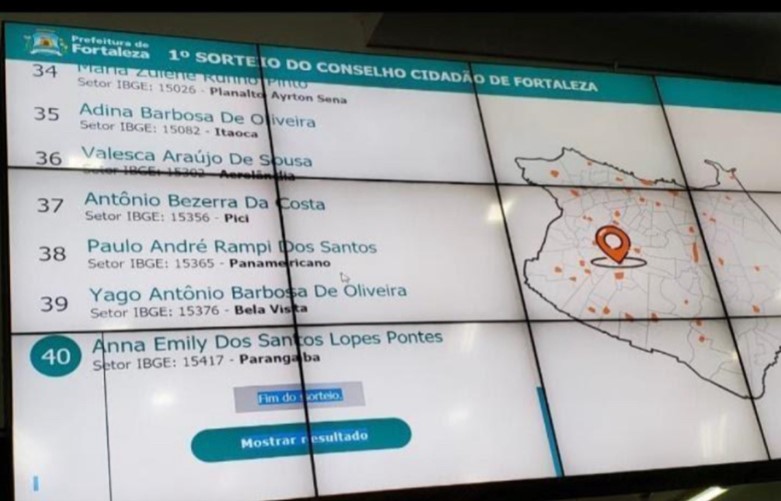Lesson Learned: Enabling National Initiatives to Take Democracy Beyond Elections
To enhance sustainability and support the establishment of nascent deliberative democracy networks at country or regional level, partner selection is crucial as they should be the actors to take the approach forward in the aftermath of the project. In the selection of countries to pilot Citizen Assembly projects, primary consideration should be given to the existence of these organizations and their willingness, capacity and interest to advance the issue, as well as the wider attitude towards deliberative democracy models.

Making democracies more inclusive requires bold and innovative reforms to bring the young, the poor, and minorities into the political system. Some countries have piloted initiatives for assemblies on specific issues where members are not nominated by political parties but chosen at random for a limited term to represent all sectors of society, to prevent the formation of self-serving and self-perpetuating political classes disconnected from their electorates. The project aims to enable more countries to develop initiatives of this kind. It will develop and distribute a handbook on ‘Democracy Beyond Elections’ designed to show how nations at various levels of development can apply the principles of representation and deliberation in ways that are appropriate to their economic and educational circumstances. The project will fund three pilot projects to further the demonstration effect and produce a documentary based on one of these to demonstrate how deliberative democracy can work in practice. Among citizens, the project will work to build the sense that ordinary people are involved in making decisions that affect them, and thus to promote trust in Government. Among elected representatives, the project will work to stimulate a greater openness to complementary democratic models in which citizens explore and recommend policy solutions on key issues.